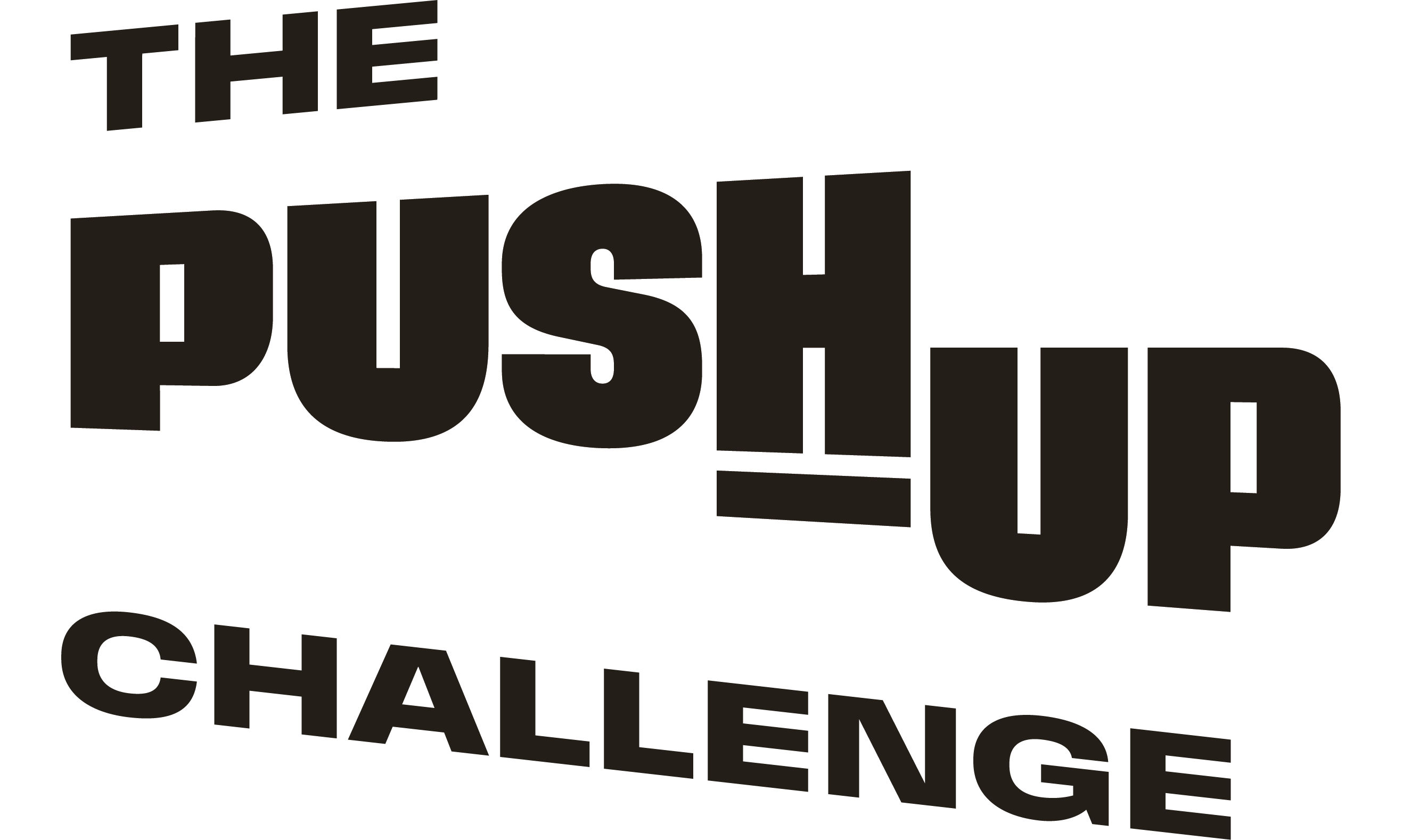The Push-Up Challenge Canada
Get fit, have fun and push for better mental health
Canadians have raised over 6 million dollars and smashed out over 100 million push-ups in The Push-Up Challenge Canada since 2024.
The Push-Up Challenge is a free fitness event focused on pushing for better mental health for all Canadians. The Push-Up Challenge 2025 has been and gone, but you can register your interest for the next Challenge here.
How it works:
GET DAILY TARGETS AND FACTS
Each day of the Challenge, we’ll set a different daily push-up target that relates to an important Mental Health Fact. These daily targets add up to 2,000 push-ups overall. You can track your progress and see the facts on our free app.
EVERYONE CAN PARTICIPATE
You don't have to be a push-up pro to participate. You can substitute push-ups with sit-ups, squats or other alternative exercises. You can also choose to aim for 50% of the push-up target and smash out 1,000 push-ups instead of 2,000.
GO SOLO OR JOIN A TEAM
You can participate solo, or set up a Team and invite your friends, work, school, gym or sports club to join you.

From Feb 11 to 28, 2025, over 70,000 Canadians challenged themselves to complete 2,000 push-ups, representing the ~2,000 lives lost to suicide each day, worldwide.
So far, these incredible participants have raised more than $3.8 million for CMHA and banked more than 60 million push-ups.
Thanks to everyone who pushed for better mental health this year, CMHA will be able to deliver more mental health services and initiatives to more people, right across Canada.
Want to push for better with us? Register your interest to be one of the first to hear about the next Challenge.
Your support helps people like Peyton
Today, Peyton describes herself as a happy, bubbly and talkative young woman, but when she experienced depression and bipolar disorder for the first time, she found herself in a dark place that put her life at risk.
"When I was in the depths of depression, it was like living in a world without colour. I slept all day. I would go from my bed to the couch and fall asleep again because it was just too painful to be awake."
Peyton credits the free programs offered by CMHA York & South Simcoe for helping her take the first steps towards better mental health, as well as develop the tools and understanding to proactively care for her mental well-being.



Your effort can make a big impact
You can support Canadians who need it most by choosing to fundraise for your local CMHA branch or CMHA National. Fundraising is optional but it's a great way to make a difference and get your family and friends involved in the push for better mental health.
Every dollar you raise will help CMHA to support recovery from mental illness and foster positive mental health outcomes.









